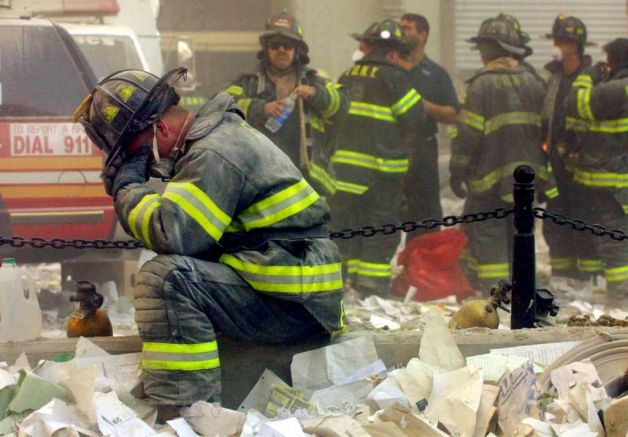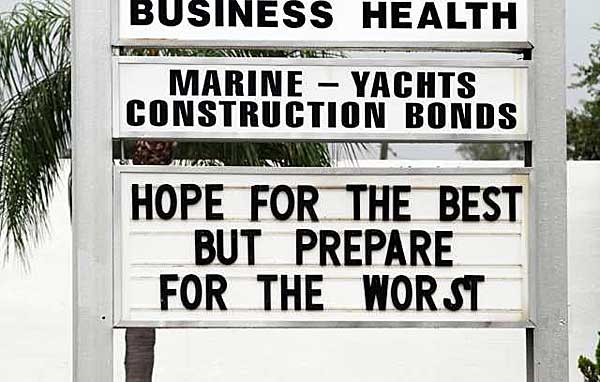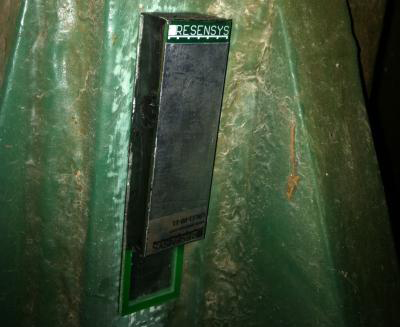CNN - August 26, 2011 - 8:44 p.m. EDT
(CNN) -- On Friday, President Barack Obama said of Hurricane Irene that "all indications point to this being a historic hurricane."
Numerous local, state and federal agencies, among other organizations, have taken steps in preparation. Here are some of those measures, for states most affected by Hurricane Irene:
SOUTH CAROLINA
Irene was off the South Carolina coast on Friday, with its outer bands bringing gusty winds, heavy rain and dangerous surf.
No evacuations were ordered, as the storm path appears to be too far east to present serious problems. However, state emergency officials were monitoring Irene and have contingency plans. The state emergency management agency is using its website, Twitter, Facebook and YouTube to keep the public informed.
NORTH CAROLINA
Hurricane Irene is expected to make its first contact with the U.S. mainland on Saturday morning near Beaufort, according to CNN meteorologist Sean Morris.







Recent Comments